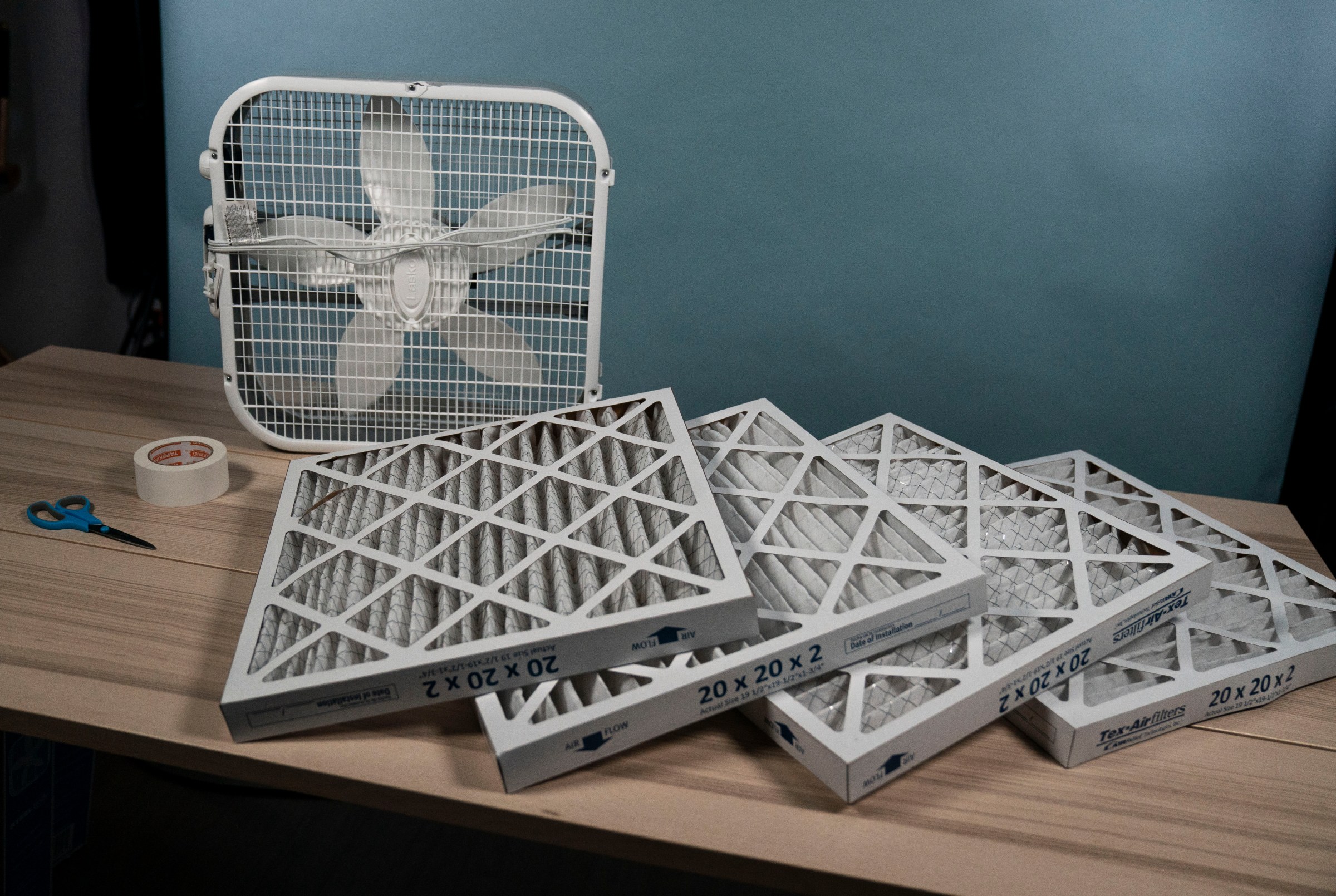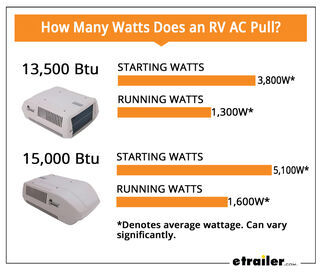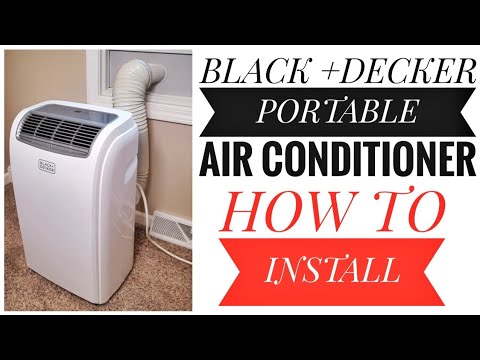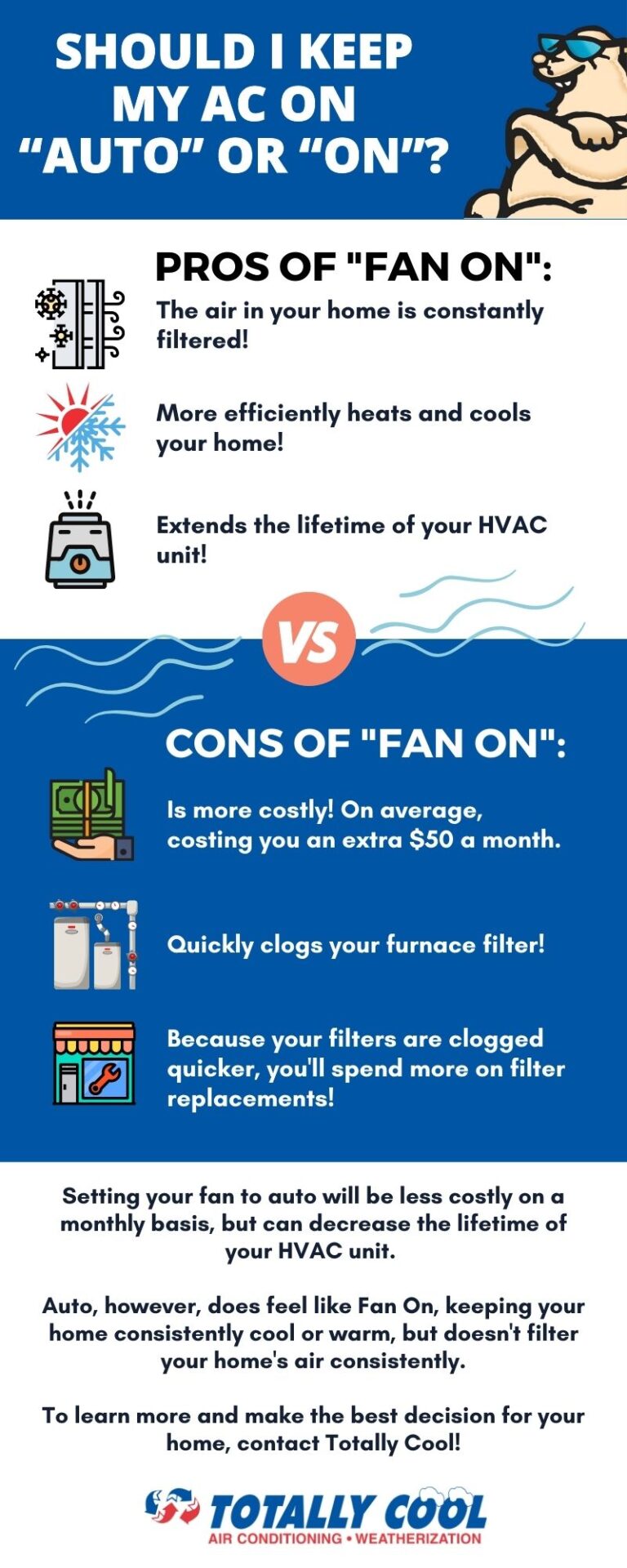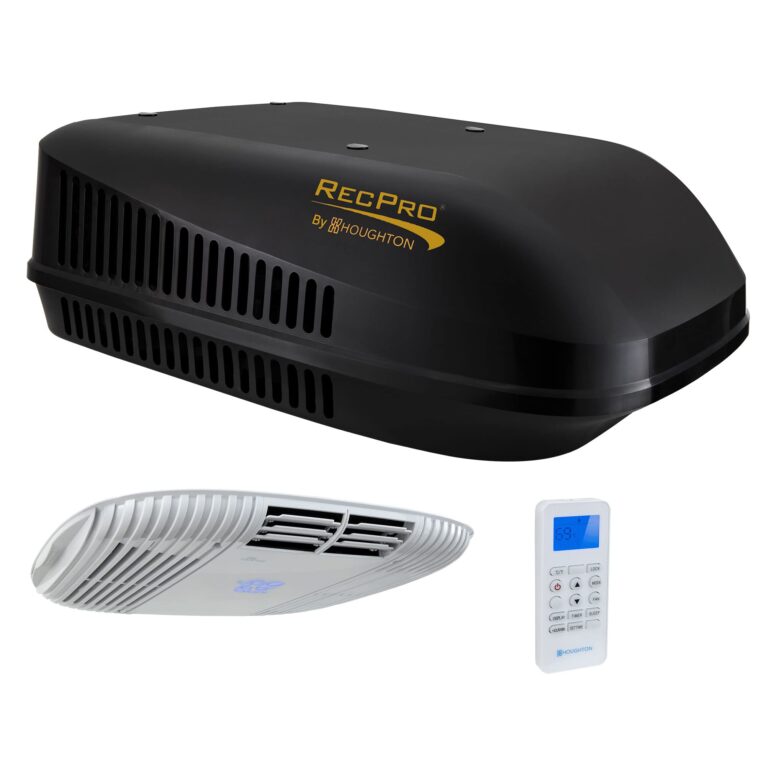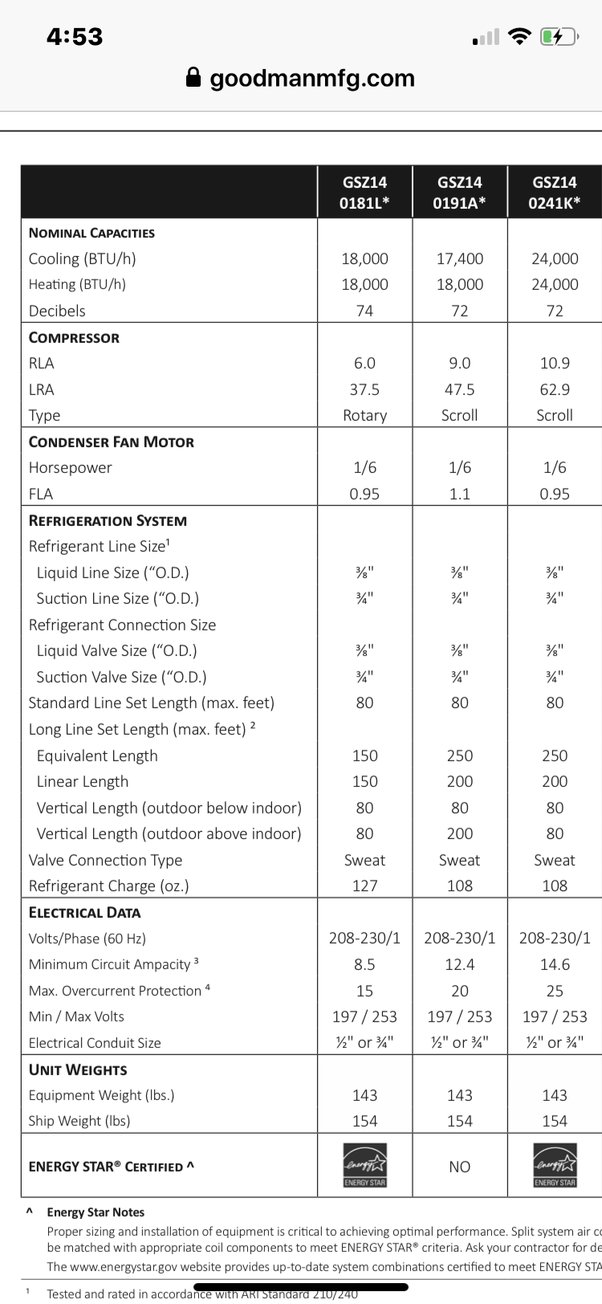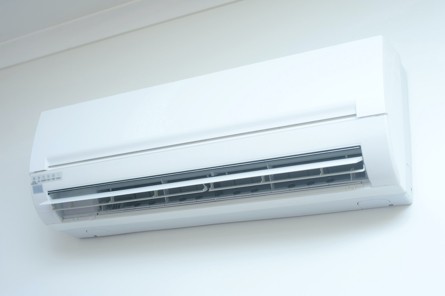Can You Use Your Air Conditioner When Smoky Outside: Expert Tips
Yes, you can use your air conditioner when it’s smoky outside. Ensure your system is set to recirculate indoor air.
Wildfire smoke can pose serious health risks. During smoky conditions, keeping indoor air clean is crucial. Using your air conditioner helps maintain a comfortable indoor environment. Set your AC to recirculate mode to avoid drawing in smoky outdoor air. Regularly check and replace air filters to ensure optimal performance.
Clean air filters improve indoor air quality and enhance system efficiency. Avoid opening windows and doors to keep smoke out. By taking these steps, you can protect your health and maintain a comfortable home environment during wildfire smoke events.
Air Quality Concerns
When smoke fills the air, using your air conditioner brings up air quality concerns. Smoke can enter your home, affecting indoor air quality and health.
Impact On Health
Smoke contains harmful particles that can enter your lungs. These particles can cause coughing, throat irritation, and breathing problems. People with asthma or heart conditions are at higher risk. Children and the elderly are also more vulnerable. Keeping smoke out is crucial for everyone’s health.
Indoor Vs. Outdoor Air
Indoor air is usually safer than outdoor air during smoky conditions. Closing windows and doors helps keep smoke out. Using an air conditioner can also help filter the air. Ensure your AC has a clean filter to trap smoke particles. This helps improve indoor air quality.
Compare indoor and outdoor air quality using an air quality index (AQI). Here’s a simple table to understand AQI levels:
| AQI Level | Air Quality | Health Implications |
|---|---|---|
| 0-50 | Good | Air quality is satisfactory. |
| 51-100 | Moderate | Air quality is acceptable. |
| 101-150 | Unhealthy for Sensitive Groups | Sensitive groups may experience health effects. |
| 151-200 | Unhealthy | Everyone may experience health effects. |
| 201-300 | Very Unhealthy | Health alert: everyone may experience serious health effects. |
| 301-500 | Hazardous | Health warnings of emergency conditions. |

Credit: www.nextlevelhvac.net
How Air Conditioners Work
Air conditioners keep your home cool during hot days. They also help in maintaining indoor air quality, especially during smoky conditions. Understanding how they work can help you make the best use of them.
Basic Functionality
Air conditioners use a refrigeration cycle to cool your home. They have four main components: the evaporator, the compressor, the condenser, and an expansion valve.
The evaporator absorbs heat from the indoor air. The compressor then pumps the refrigerant to the condenser. The condenser releases the heat outside. The expansion valve regulates the flow of refrigerant back to the evaporator. This cycle repeats to maintain a cool indoor temperature.
Air Filtration
Air conditioners also filter the air in your home. They have built-in filters that trap dust, pollen, and smoke particles. This helps in maintaining better indoor air quality.
During smoky conditions, it is crucial to keep these filters clean. Dirty filters can reduce the efficiency of the air conditioner. Replace or clean the filters regularly to ensure optimal performance.
Here are some tips for maintaining your air conditioner:
- Check the filters every month.
- Clean or replace filters as needed.
- Keep the outdoor unit clear of debris.
Following these tips can help your air conditioner work efficiently, even during smoky conditions.
Using Ac During Wildfires
Wildfires can bring smoky air, making it hard to breathe. You might wonder if it’s safe to use your air conditioner. The answer is yes, but with some precautions. Using your AC can help keep your indoor air clean and cool.
Safety Tips
- Close all windows and doors to keep smoke outside.
- Check your AC filter frequently and replace it if dirty.
- Use a HEPA filter if possible for better air quality.
- Set your AC to recirculate air instead of bringing in outside air.
- Seal leaks in your home to prevent smoke from entering.
Optimal Settings
For the best results, adjust your AC settings:
| Setting | Optimal Value |
|---|---|
| Fan Speed | Low |
| Mode | Recirculate |
| Temperature | 75°F (24°C) |
Keeping the fan speed low helps reduce smoke particles. Set the AC to recirculate mode to use indoor air. Maintain a comfortable temperature of 75°F (24°C).
By following these tips, you can use your air conditioner safely during wildfires. Stay cool and breathe easier.
Air Filters And Maintenance
Running your air conditioner during smoky conditions involves more than just turning it on. Air filters and maintenance play critical roles in ensuring your indoor air remains clean. Proper care of your air conditioning unit can protect you from harmful particles present in smoke.
Choosing The Right Filter
Picking the right air filter is crucial. Filters come in different types and sizes. The MERV rating helps you choose the best one. A higher MERV rating means better filtration. For smoky conditions, select a filter with a MERV rating of 13 or higher. This rating will capture finer particles, including smoke.
Here is a quick comparison of filter types:
| Filter Type | MERV Rating | Effectiveness |
|---|---|---|
| Fiberglass | 1-4 | Low |
| Pleated | 5-8 | Moderate |
| High-Efficiency | 9-12 | High |
| HEPA | 13-16 | Very High |
Regular Cleaning
Regular cleaning of your air conditioner is essential. Dust and debris can clog the filters. This reduces the unit’s efficiency. Here are some steps to keep your AC clean:
- Turn off the unit.
- Remove the filter.
- Check for dust buildup.
- Clean or replace the filter.
- Wipe down the unit’s exterior.
Always follow the manufacturer’s instructions. This ensures you do not damage the unit. Clean filters improve air quality and energy efficiency.
Neglecting maintenance can lead to poor air quality. It can also cause higher energy bills. Make it a habit to check your filters monthly during smoky periods. Simple steps can make a big difference in your health and comfort.
Alternative Cooling Methods
When smoky conditions are present outside, using an air conditioner might not be ideal. Smoke can infiltrate your home, affecting indoor air quality. Exploring alternative cooling methods can help keep your home comfortable without compromising air quality.
Portable Air Purifiers
Portable air purifiers are a great solution to maintain indoor air quality. These devices filter out smoke particles and pollutants from your home.
Consider the following features when choosing a portable air purifier:
- HEPA Filters: Capture 99.97% of particles.
- Activated Carbon Filters: Remove odors and volatile compounds.
- Size: Ensure the purifier is suitable for your room size.
Natural Ventilation
Natural ventilation helps circulate air, reducing indoor temperature. But, during smoky conditions, avoid opening windows. Instead, use these tips:
- Use Fans: Create airflow within closed rooms.
- Close Curtains: Block direct sunlight to keep rooms cooler.
- Shut Doors: Limit smoke entering from outside.
Implementing these alternative cooling methods can help you stay cool and breathe easier. Stay informed and adapt to maintain a comfortable home environment.
Health Precautions
During smoky days, taking health precautions is crucial. Smoke can harm your health. It affects your lungs and overall well-being. Here are some essential health precautions you should follow.
Staying Indoors
When the air outside is smoky, stay indoors. Your home provides a safe environment. Close all windows and doors. This helps keep smoke out. Use an air purifier if possible. It helps filter out harmful particles.
Avoid outdoor activities. This includes exercise and playing outside. Smoke can worsen health conditions. This is especially important for children and elderly people. Keep pets inside too. They can be affected by smoke as well.
Using Masks
Sometimes, you must go outside. In such cases, wearing a mask is important. Not all masks are effective. Use N95 or P100 masks. They filter out harmful particles. Cloth masks are not effective against smoke.
Make sure the mask fits well. It should cover your nose and mouth. Avoid gaps between the mask and your face. This ensures maximum protection. Replace the mask if it gets dirty or damaged.
| Health Precaution | Details |
|---|---|
| Staying Indoors | Close windows and doors, use air purifiers, avoid outdoor activities. |
| Using Masks | Wear N95 or P100 masks, ensure a good fit, replace if dirty. |
Expert Recommendations
Understanding the best ways to use your air conditioner during smoky conditions is vital. Experts provide valuable advice to ensure your home remains comfortable and safe.
Professional Advice
Experts recommend keeping windows and doors closed. This prevents smoky air from entering your home. Use high-efficiency air filters in your air conditioner. These filters trap small particles and improve indoor air quality.
Regularly inspect and replace air filters. Clogged filters reduce efficiency and air quality. Consider using portable air purifiers. They add an extra layer of protection against smoke.
Best Practices
Follow these best practices to maintain air quality and efficiency:
- Seal Gaps: Ensure all gaps and cracks are sealed.
- Use Recirculation Mode: Set your air conditioner to recirculation mode.
- Monitor Indoor Air Quality: Use air quality monitors to track pollution levels.
- Limit Outdoor Activities: Stay indoors during heavy smoke conditions.
Implementing these practices helps protect your family and maintain a healthy home environment.

Credit: dcnr.nv.gov
Long-term Solutions
Long-term solutions can help you use your air conditioner when it’s smoky outside. These solutions improve air quality and protect your health. Let’s explore some effective strategies.
Upgrading Your Ac
Upgrading your air conditioner can make a big difference. Newer models often come with better filtration systems. These systems can remove smoke particles from the air.
Consider investing in an AC unit with a HEPA filter. HEPA filters are designed to capture tiny particles, including smoke. This ensures cleaner air in your home.
Another option is an AC with a built-in air purifier. These units can filter out harmful pollutants. This provides a safer environment during smoky conditions.
Smart AC units are also a good choice. They allow you to monitor air quality in real time. This helps you adjust settings to maintain clean air indoors.
Home Improvement Tips
Several home improvement tips can enhance your indoor air quality. Start by sealing any gaps or cracks in windows and doors. This prevents smoke from entering your home.
Installing weather stripping around doors and windows is effective. It creates a tight seal and keeps smoke out.
Consider adding insulation to your home. This not only improves energy efficiency but also reduces smoke infiltration.
Using air purifiers in key areas of your home can be beneficial. Place them in living rooms, bedrooms, and other frequently used spaces. This ensures clean air where you need it most.
Regularly replace filters in your HVAC system. Dirty filters can reduce air quality. Clean filters ensure that your system works efficiently.
Here is a table summarizing some key tips:
| Tips | Benefits |
|---|---|
| Seal gaps and cracks | Prevents smoke entry |
| Install weather stripping | Creates tight seals |
| Add insulation | Reduces smoke infiltration |
| Use air purifiers | Improves air quality |
| Replace HVAC filters | Ensures efficient system |
By implementing these tips, you can maintain a healthier indoor environment. These long-term solutions will help you use your AC even during smoky conditions.

Credit: iwae.com
Frequently Asked Questions
Should You Run Your Ac When It’s Smoky Outside?
Yes, you should run your AC when it’s smoky outside. Use the recirculate mode to avoid bringing in outdoor air.
Does Ac Clean Air From Smoke?
An AC can reduce smoke particles but isn’t designed for complete air purification. Use HEPA filters for better results.
Can I Use An Air Conditioner During Bad Air Quality?
Yes, you can use an air conditioner during bad air quality. Ensure the AC has a clean filter to help reduce indoor pollutants.
Conclusion
Using your air conditioner during smoky conditions is generally safe with proper precautions. Ensure the filters are clean. Consider using air purifiers to enhance indoor air quality. Staying informed and proactive helps protect your health. Prioritize indoor air safety during smoke events for a comfortable and safe environment.

